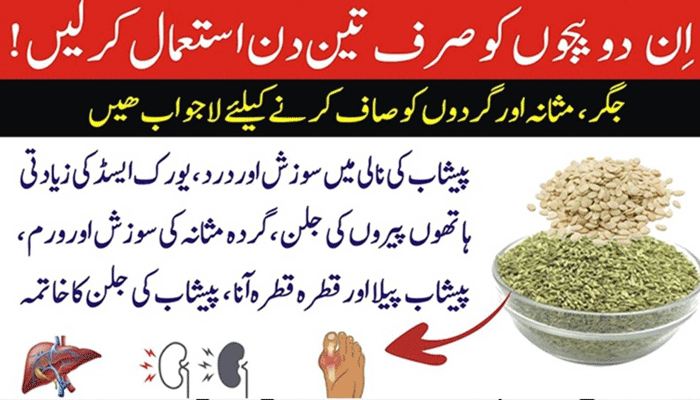Molar teeth pain can be excruciating and significantly impact your daily life. Whether it’s due to tooth decay, gum disease, or other factors, finding relief is essential for your overall well-being.
Introduction to Molar Teeth Pain
Molars are the large, flat teeth located at the back of your mouth, designed to grind food for digestion. Despite their crucial role in chewing, they are susceptible to various issues that can cause discomfort and pain.
Common Causes of Molar Teeth Pain
Tooth Decay and Cavities
One of the primary culprits behind molar teeth pain is tooth decay. When bacteria accumulate on the surface of the teeth, they produce acids that erode the enamel, leading to cavities and eventual pain.
Gum Disease
Gum disease, also known as periodontal disease, can cause inflammation and infection of the gums surrounding the molars. This can result in pain, swelling, and even tooth loss if left untreated.
Impacted Wisdom Teeth
Impacted wisdom teeth, also called third molars, can cause significant pain as they attempt to erupt through the gums. Their misalignment or partial eruption can lead to crowding and pressure on neighboring teeth.
Bruxism (Teeth Grinding)












Bruxism, or teeth grinding, often occurs during sleep and can exert excessive force on the molars, causing pain and discomfort. Over time, it can also wear down the enamel and lead to more severe dental issues.
Dental Trauma
Accidents or injuries to the mouth can damage the molars, resulting in pain, fractures, or even tooth loss. Immediate dental attention is crucial to prevent further complications.
Symptoms of Molar Teeth Pain
- Sensitivity to hot or cold temperatures, especially when consuming food or drinks
- Sharp, throbbing pain localized in the molars or surrounding areas
- Swelling, redness, or inflammation around the affected tooth or gum tissue
Diagnosis of Molar Teeth Pain
To determine the cause of molar teeth pain, a dentist may perform a comprehensive evaluation, including:
- Dental examination to check for signs of decay, infection, or damage
- X-rays to assess the condition of the teeth, roots, and surrounding bone structure
- Visual inspection of the mouth and gums for any abnormalities or lesions
Treatment Options for Molar Teeth Pain
Over-the-Counter Pain Relief Medications
For mild to moderate pain, over-the-counter pain relievers such as ibuprofen or acetaminophen can provide temporary relief from molar teeth pain.
Prescription Medications
In cases of severe pain or infection, your dentist may prescribe stronger medications such as antibiotics or prescription-strength pain relievers to alleviate symptoms and treat the underlying cause.
Dental Procedures
Depending on the severity and nature of the issue, various dental procedures may be recommended, including:
- Fillings to repair cavities and restore damaged teeth
- Root canal therapy to remove infected pulp and save a severely decayed or infected tooth
- Tooth extraction for irreparably damaged or impacted molars
Home Remedies and Self-Care Tips
In addition to professional treatment, there are several home remedies and self-care practices that can help manage molar teeth pain, including:
- Applying a cold compress to the affected area to reduce swelling and numb pain
- Rinsing with warm salt water to soothe sore gums and promote healing
- Avoiding hard or sticky foods that can exacerbate discomfort or damage teeth
- Practicing good oral hygiene habits, including brushing, flossing, and using mouthwash regularly
Prevention of Molar Teeth Pain
Preventing molar teeth pain begins with maintaining good oral hygiene habits and addressing any underlying issues promptly. Some preventive measures include:
- Brushing your teeth twice a day with fluoride toothpaste and flossing daily to remove plaque and food debris
- Scheduling regular dental check-ups and cleanings to detect and treat dental problems early
- Wearing a mouthguard if you grind your teeth at night to protect your teeth from damage
- Avoiding hard candies, ice, and other hard or sticky foods that can chip or crack your teeth
Conclusion
Molar teeth pain can be debilitating, but with proper diagnosis and treatment, relief is possible. By understanding the causes, symptoms, and treatment options available, you can take proactive steps to protect your oral health and alleviate discomfort.






